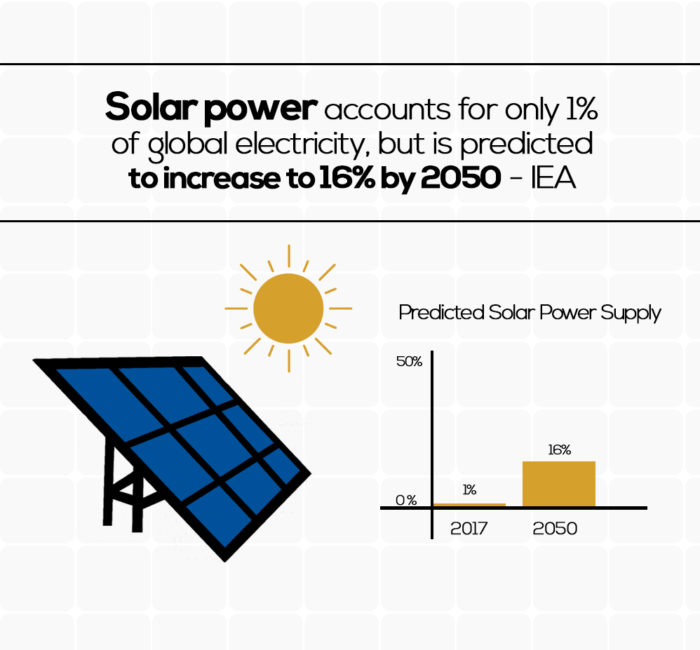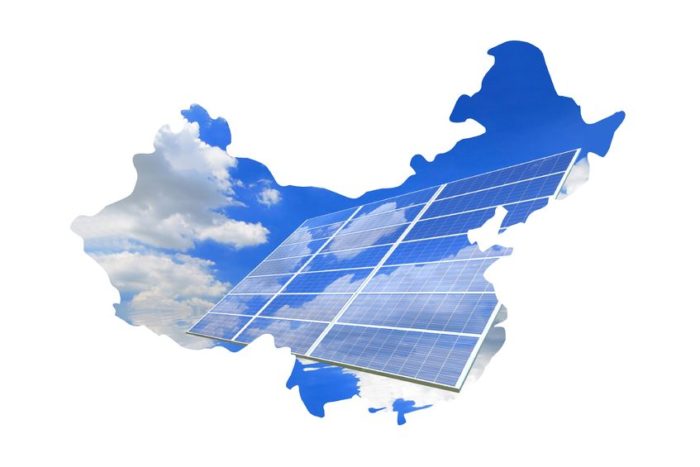The solar industry in the United States has slowed dramatically. The increase in other forms of technology, low oil prices, and the fracking boom have stalled sales worldwide. Calls for reform of the already new sector have become widespread as the adoption of the technology didn’t quite reach the highs originally predicted. Researchers have called for the United States to reconsider a wide variety of its solar energy policies to maximize the industry’s long-term benefits to the global climate and to the U.S. economy. One recommendation is that the United States should work with China—which is, with its China solar energy, the major driver of the global solar industry—to build an environmental-friendly energy source.
China Solar Energy Details
According to Stanford, the answer to a widespread solar energy uptake is for governments and the private sector to approach it more economically and efficiently. Stanford solar energy researchers recommend that “the United States and China should work more closely together, with each country capitalizing on its particular strengths” to develop the market worldwide. Dan Reicher, executive director of the Steyer-Taylor Center at Stanford, notes: “The Chinese are not only leading the world in terms of the manufacturing of solar equipment, but they are also the largest deployer of solar energy.” “They are getting increasingly competitive in the research and development area, which the U.S. has historically been dominating. With a new federal administration and a new Congress, this is the time to be thinking about what we want the U.S. role in solar industry to look like five, 10 years from now,” he adds.

Other Researcher Statements
According to the International Energy Agency, solar power currently supplies only 1 percent of global electricity. But they predict this number could increase to 16 percent by 2050 if effective measures are implemented. The issues facing the industry are that governments are not embracing it, and are not investing enough to develop it. Stanford researchers say, “the U.S. government should embrace a globalizing solar industry, continue to invest in the deployment—as well as research and development (R&D)—of solar energy, and, above all, prioritize plans that reduce the cost of solar power.” Also in relation to the topic of China solar energy, Stanford researchers recommend booming U.S. spending and encouraging international research collaborations between China and the U.S. However, collaboration raises some concerns, mainly “intellectual-property protection and national security, but cooperating intelligently is crucial to solar power’s growth”.
The researchers also suggest reforming a federal policy that requires those who accept U.S. federal funding for solar research and development to in turn manufacture the resulting technologies “substantially” in the United States.
On the Possibility of a China-United States Collaboration
Notably, research also found that China’s solar companies are tapping international markets and spreading their operations across the globe. The U.S. is encouraged to do the same or to be in collaboration. Aside from the details of the current state of China solar energy, China is also building a healthy reputation as an R&D hub—supplying its own research and development teams, rather than just the manufacturing side. The United States is also renowned for delivering market-leading research and development in this field, so for the sector to grow and for an international uptake to become mainstream a collaboration between the two superpowers makes sense.









